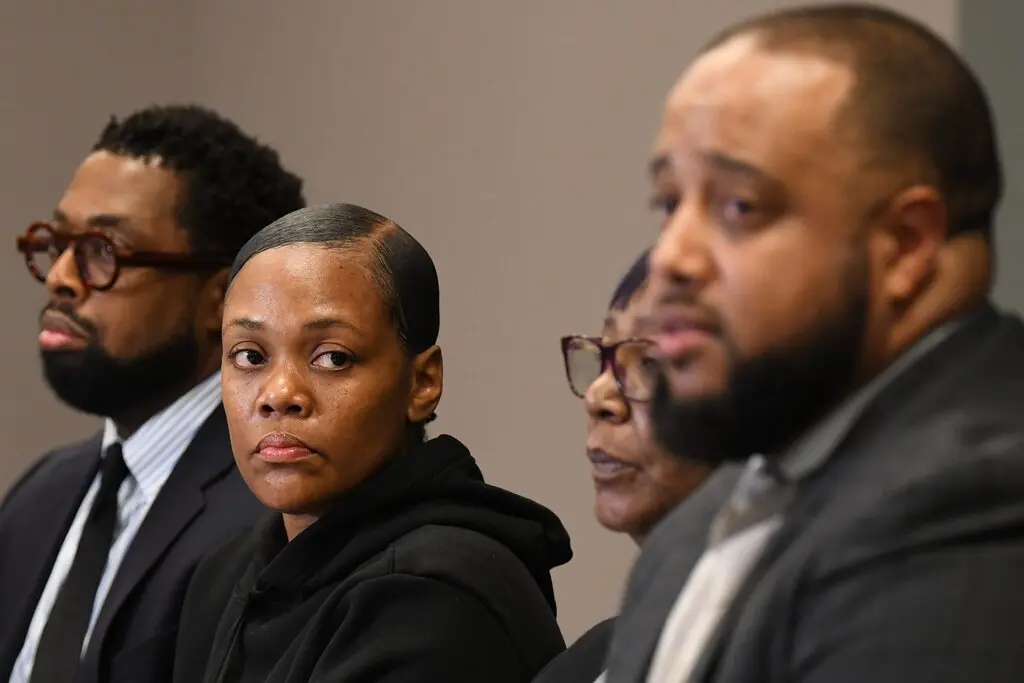At least Five dead After Church Feast

At least five people have lost their lives and several others have been admitted to the Infectious Disease Centre in Olodo, Oyo State, after reportedly consuming a meal at a white garment church’s “Love Feast”—known locally as Ipese—in Ibadan.
This tragic event has left the community in a state of confusion, as officials struggle to determine the cause of the deaths. A church source has denied that the Ipese meal was responsible for the casualties, noting that many attendees consumed the same meal without incident.
While the police and other government agencies continue to investigate the matter, the Infectious Disease Centre has confirmed that 50 of the affected individuals have received treatment and been discharged. However, the exact cause of the deaths remains elusive, with many questions yet to be answered.
The impact of this tragedy is felt not only by the victims and their families, but also by the wider community, who are left to grapple with the uncertainty surrounding the incident. It is a sobering reminder of the fragility of life and the importance of taking precautions to ensure the safety and well-being of all.
The incident at the white garment church has also sparked wider concerns about food safety and public health measures in Nigeria. While food-borne illnesses and outbreaks are not uncommon, the scale of this tragedy has highlighted the need for greater vigilance and regulation in food preparation and handling practices, particularly in communal settings such as religious gatherings.
As the country continues to grapple with the aftermath of the tragedy, it is hoped that the investigation will yield insights that can help prevent similar incidents from occurring in the future. In the meantime, the affected community will continue to mourn the loss of their loved ones and seek comfort and support in the midst of their grief.
Beyond the immediate tragedy, the incident has also sparked important discussions about the role of religion and community in Nigerian society.
White garment churches, which are known for their syncretic blend of Christianity and traditional African beliefs, are an integral part of the country’s religious landscape. They often serve as centers of community and support for their members, providing a sense of belonging and connection in a rapidly changing world.
However, the tragedy has raised questions about the balance between tradition and safety, and the need for religious institutions to prioritize the well-being of their members.






